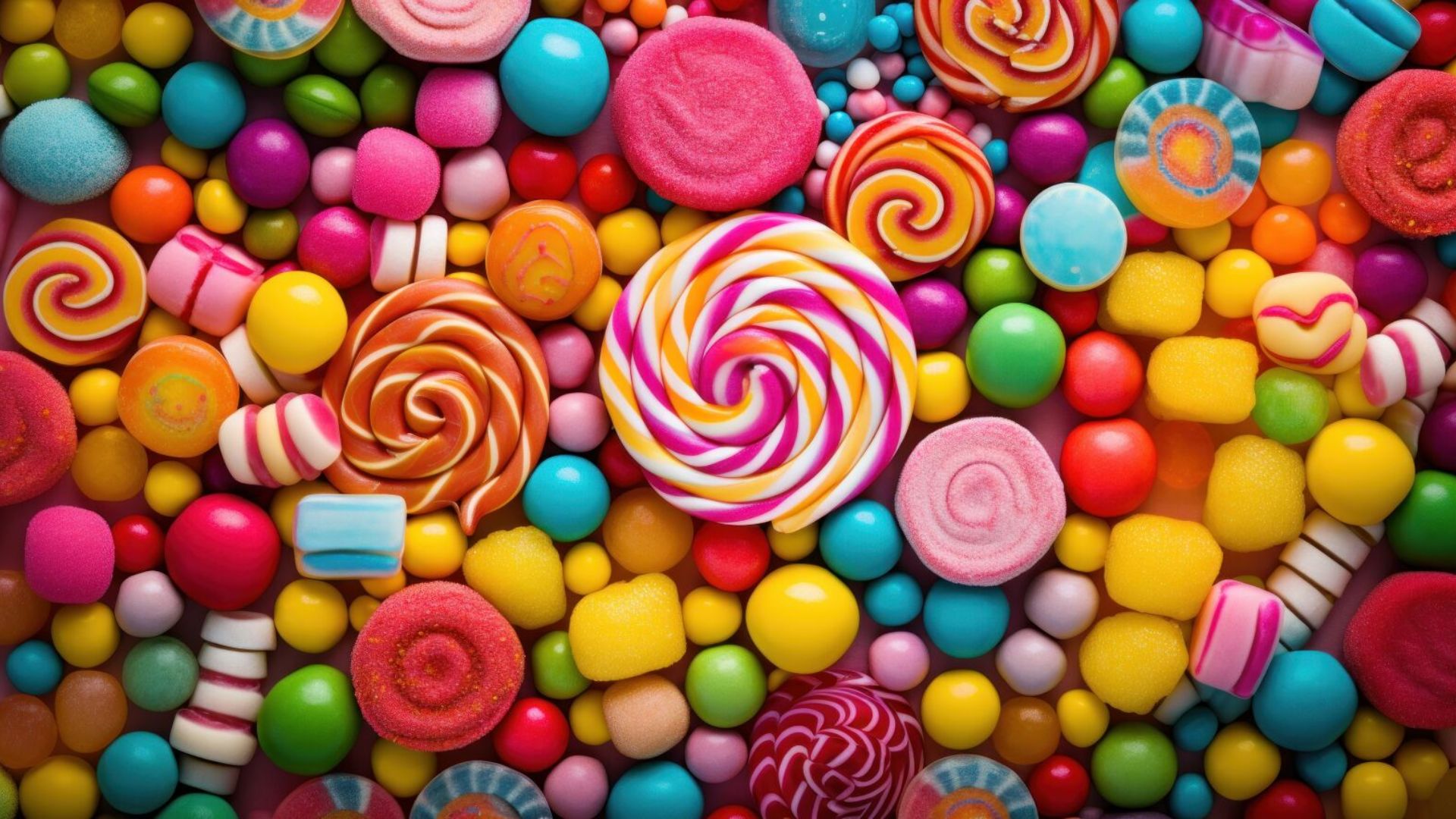


The FDA is expected to shift its policy toward the prohibition of artificial red food coloring, such as Red No. 3, commonly used in snacks, beverages, cereals, and candies. After ten years of safety evaluations, the FDA is reassessing the safety of the synthetic dye due to fears of adverse effects. Jim Jones, who serves as the FDA’s deputy commissioner for human foods, said that the agency is reviewing a petition to revoke the authorization of Red 3 and that it should make some decisions about it during the coming weeks.
There are allegations against the FDA from lawmakers. Many legislators, including Frank Pallone Jr., made a call at the Senate Health, Education, Labor, and Pensions Committee to prohibit the use of Red No. 3. The product derived from petroleum causes a food item to have an outstanding bright red color. Holiday food items have been called out for containing the mysterious substance. It is scary that this chemical sits and hides in these foods we and our children continue to eat,” wrote Pallone in a letter to the FDA. He also underscored that if food companies are supposed to ensure the safety of their products, many still continue to hold chemicals inside them which meet FDA standards.
Some artificial food dyes have been associated with various health problems, including ADHD and hyperactivity in children. Besides that, the adverse effects of Red No. 3 include behavioral changes like irritability and depression, allergies, hives, asthma, skin irritation, migraines, and severe headache. Red 40 contains benzene, which is known to be a carcinogen. Robert F. Kennedy Jr. has criticized the FDA for not doing more to crack down on food dyes, which he said cause cancer, though he hasn’t explained whether he would take action on that if he were to be confirmed as health secretary.
The FDA oversees most of the US food supply, from more than 36 approved color additives, nine of which are synthetic dyes. In the past decade, the FDA banned Red No. 3 from cosmetics and topical drugs after tests on lab rats showed it could be carcinogenic at high doses. Experts say consumers check nutrition labels for food products that use natural color alternatives, such as beet juice, blueberry juice, pomegranate juice, and other fruit and vegetable extracts.














